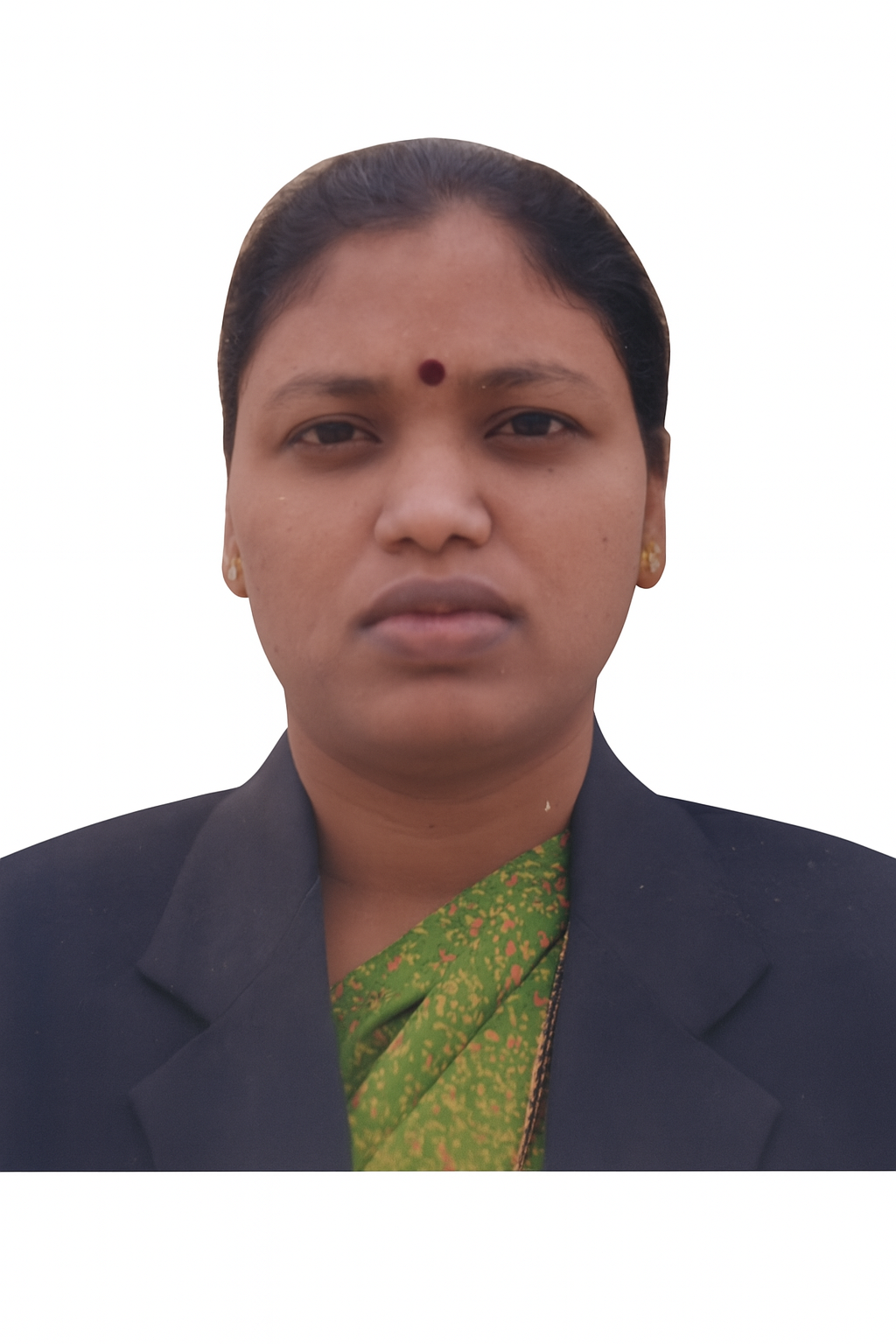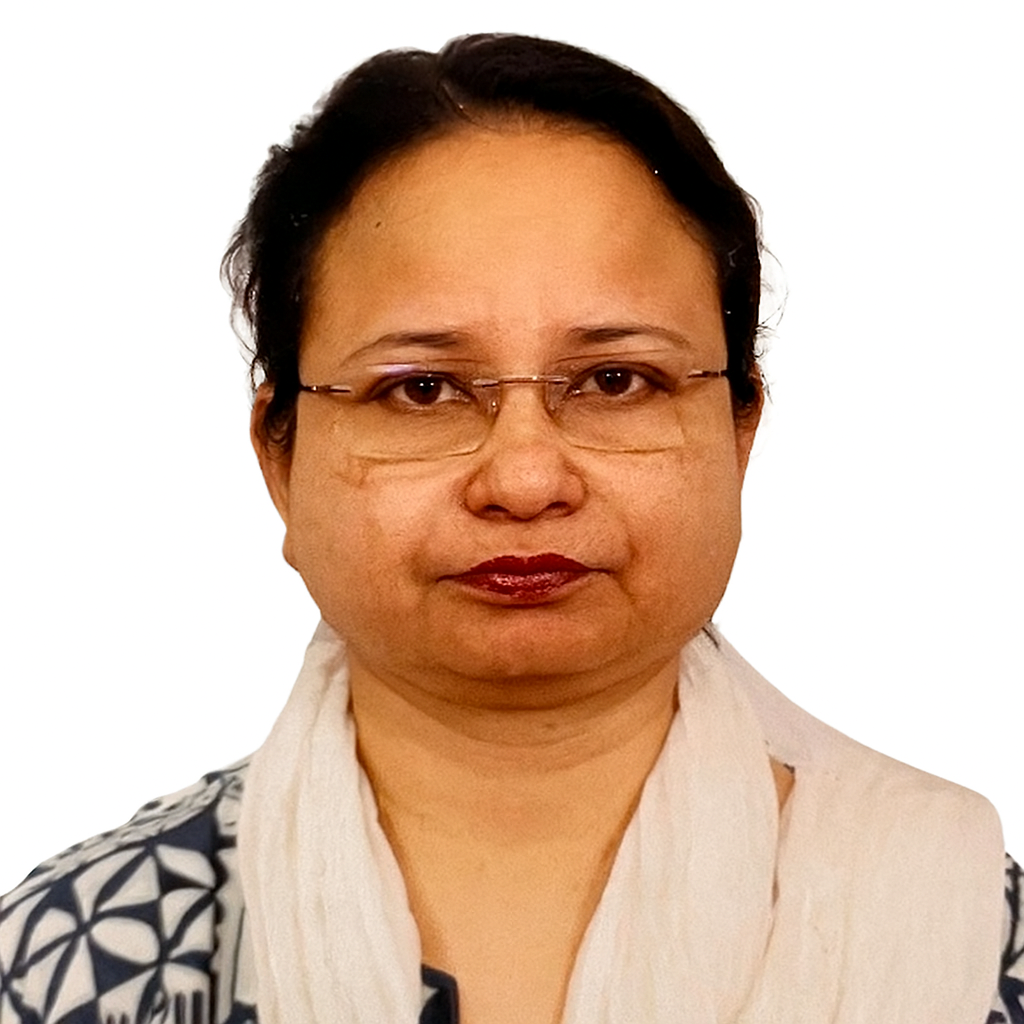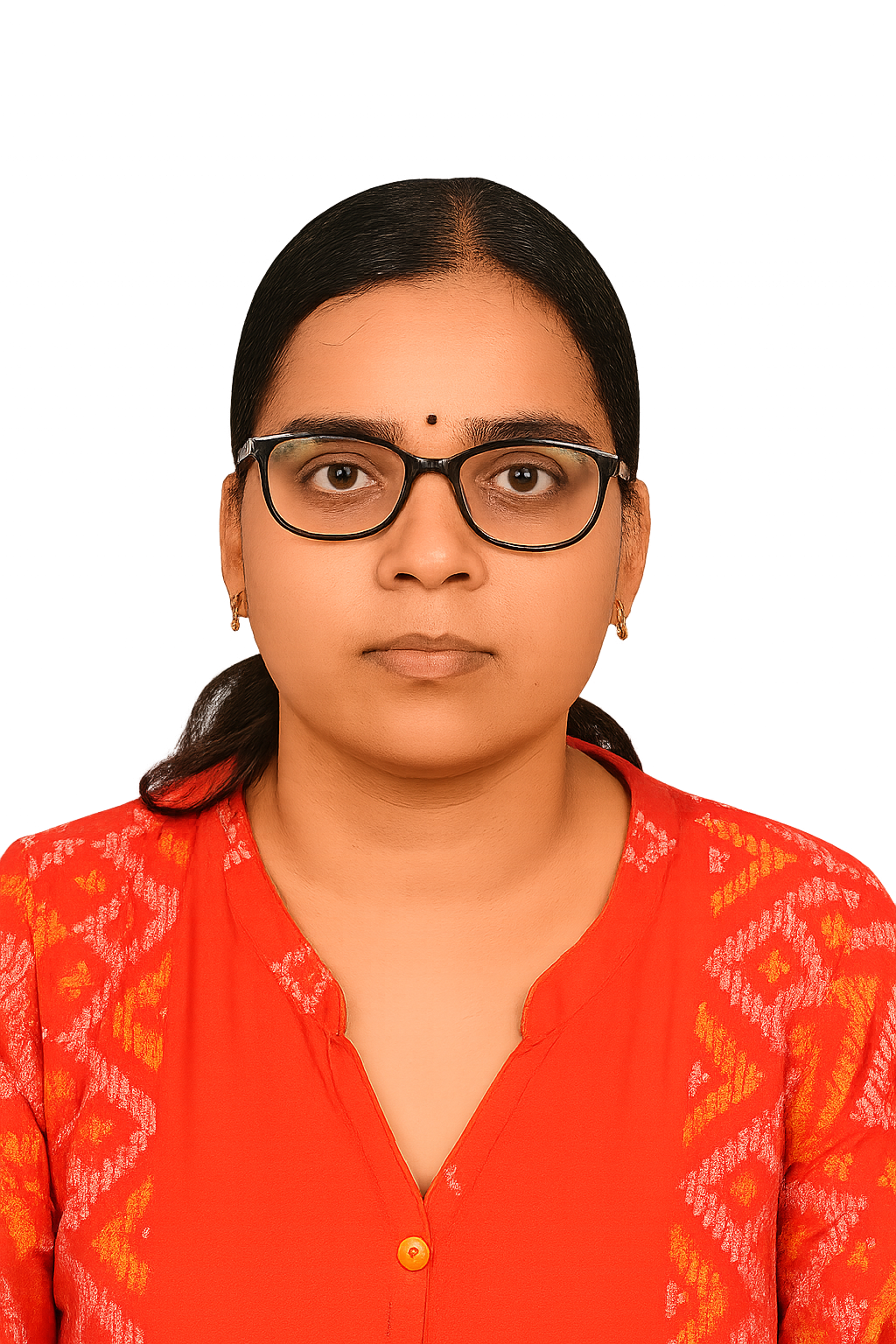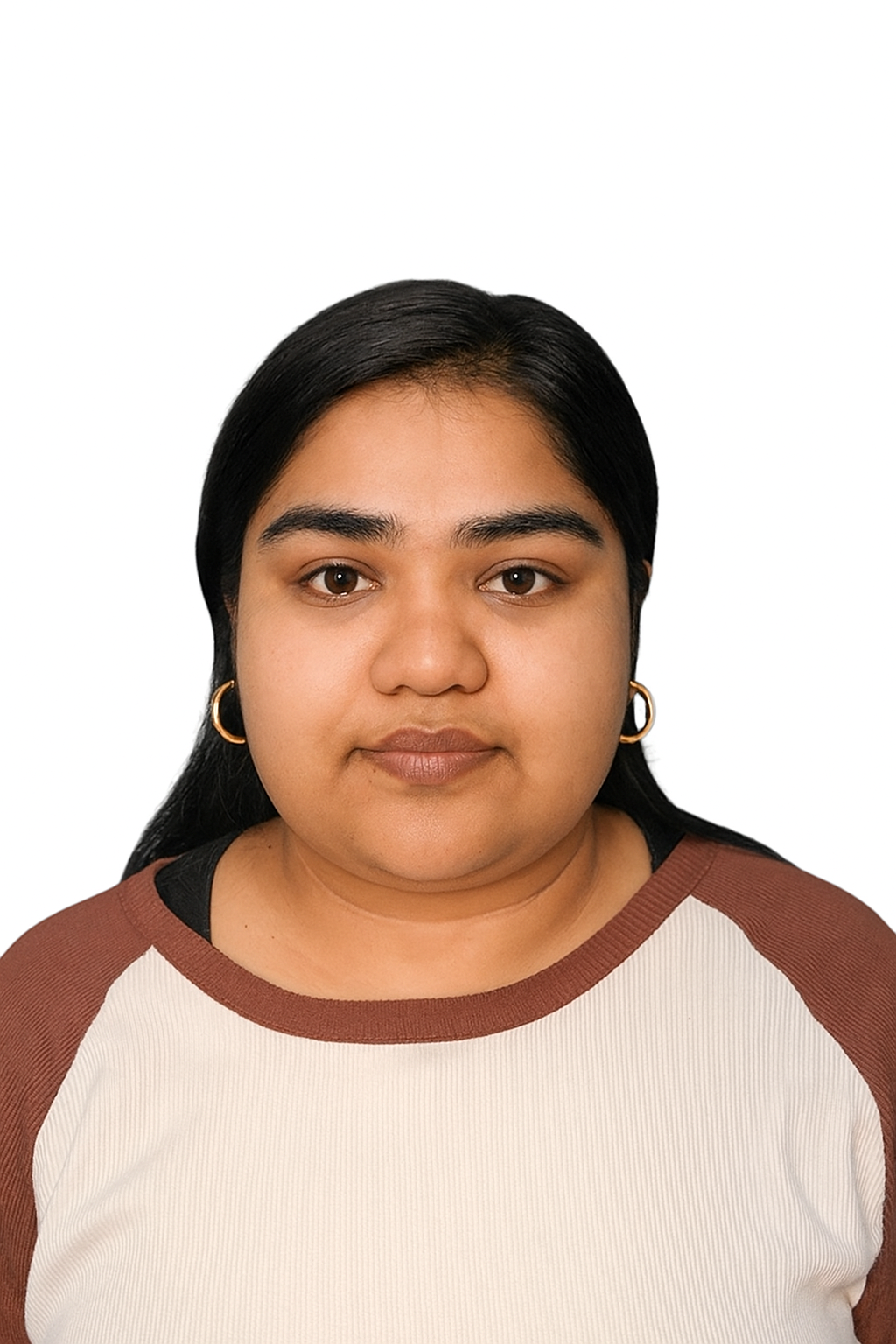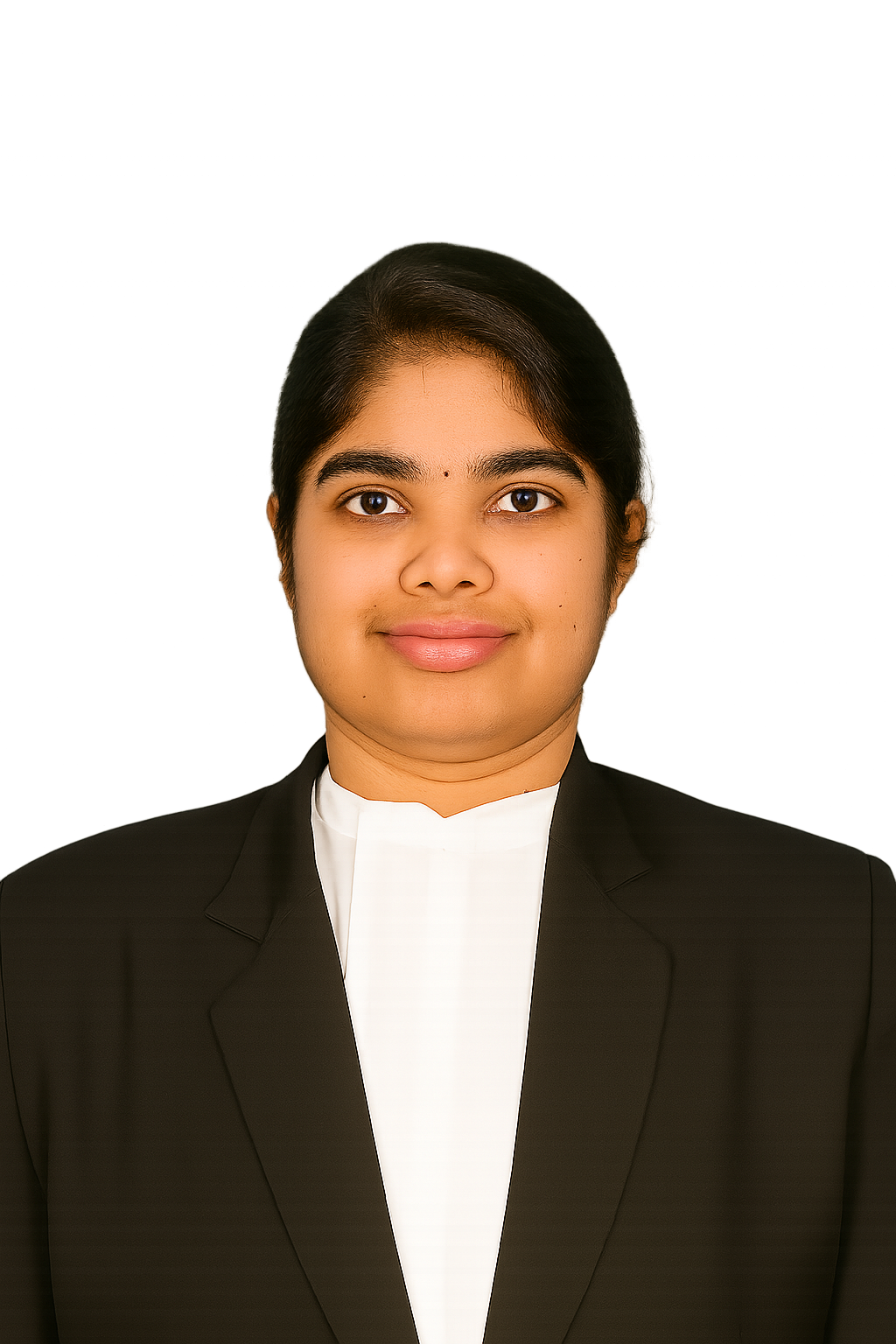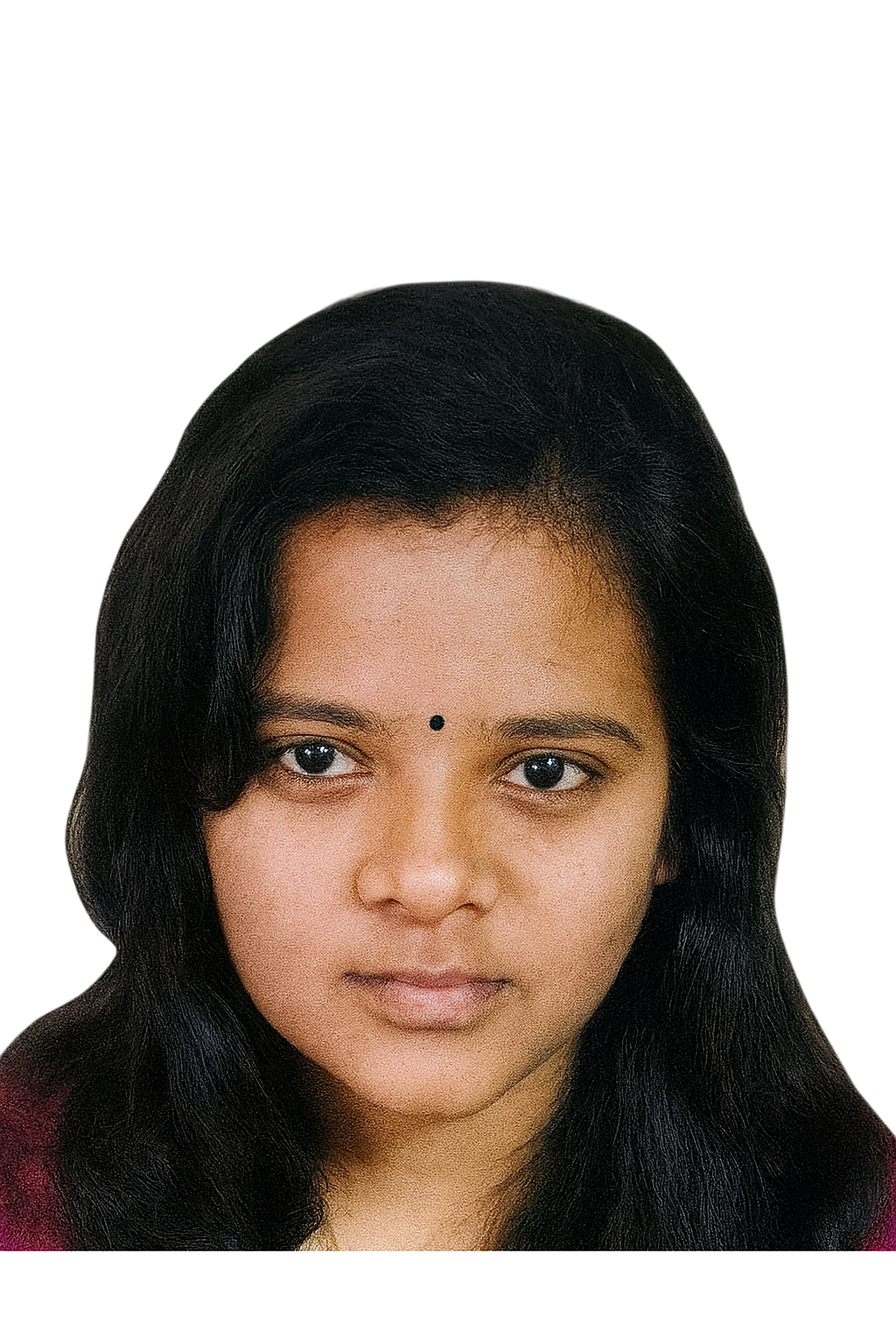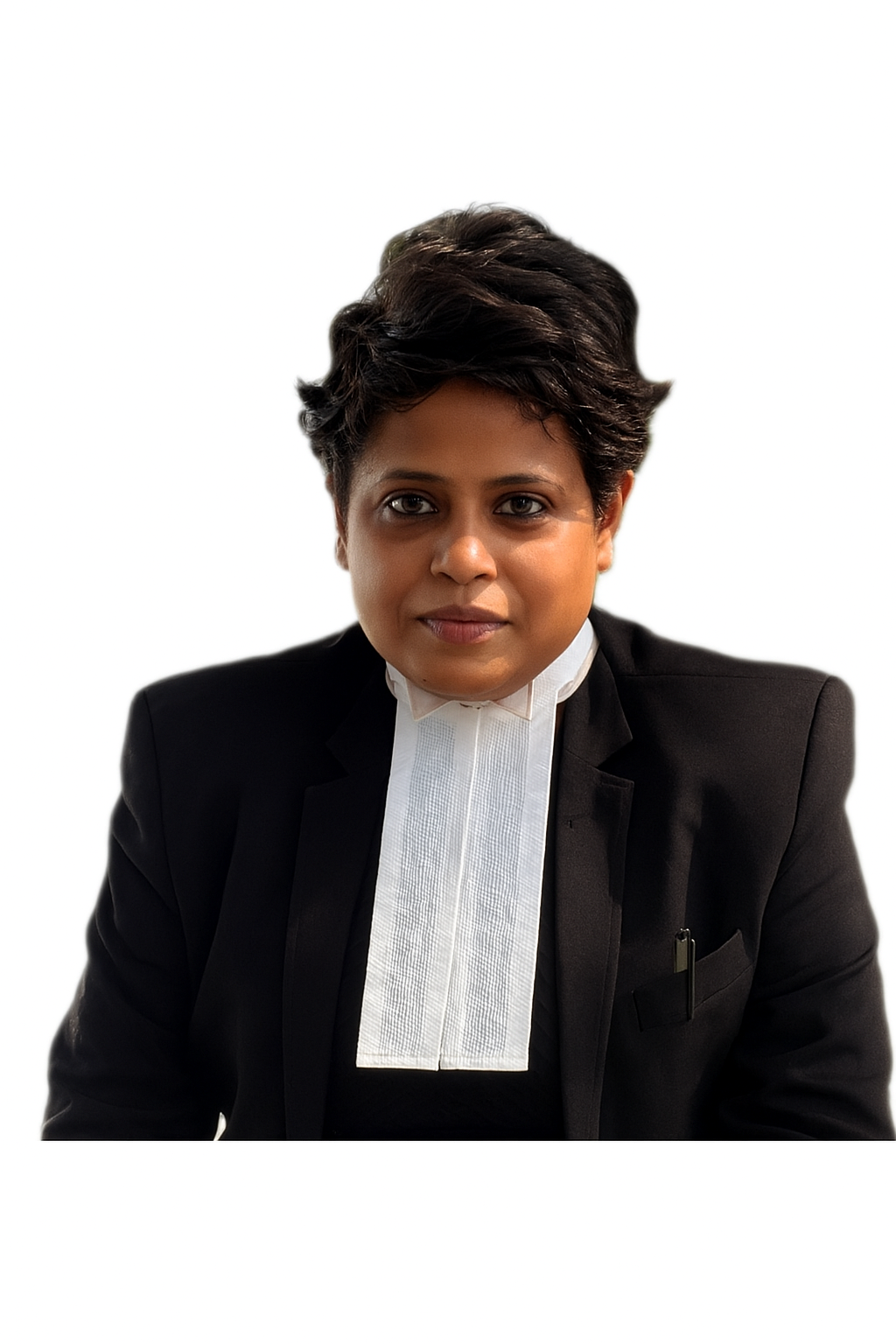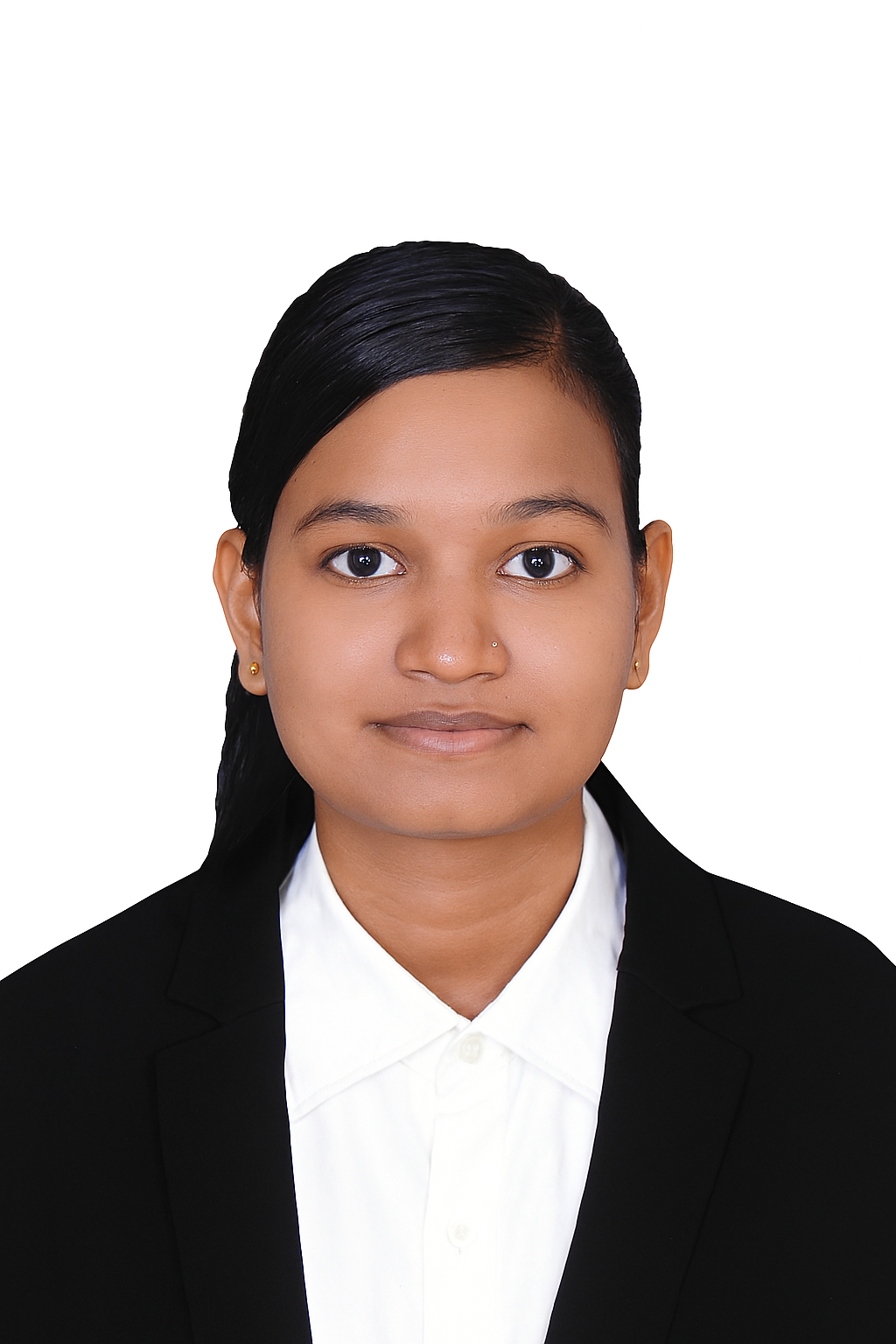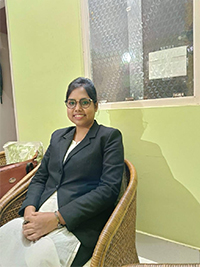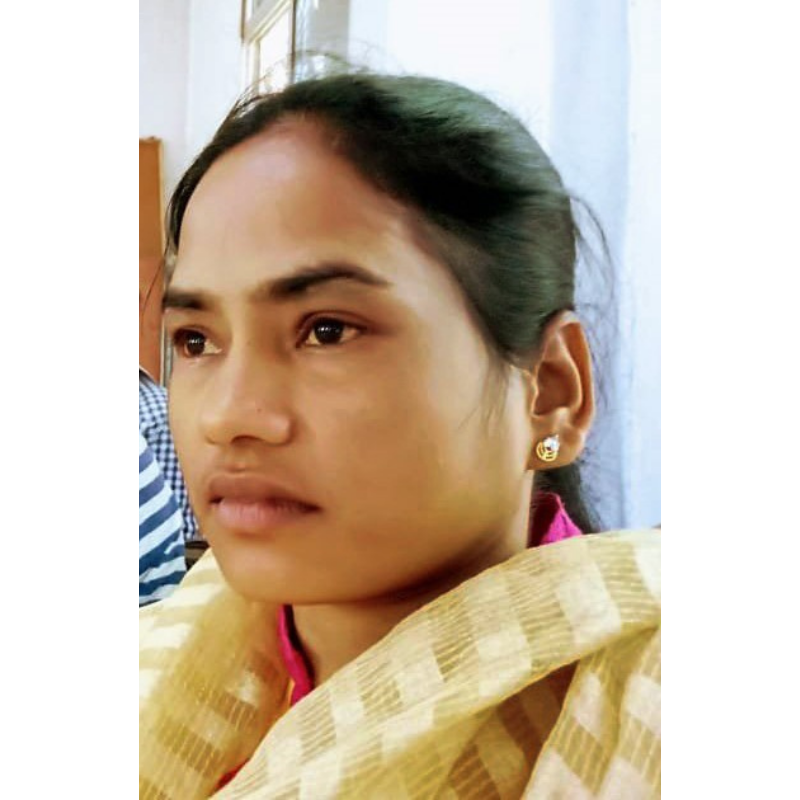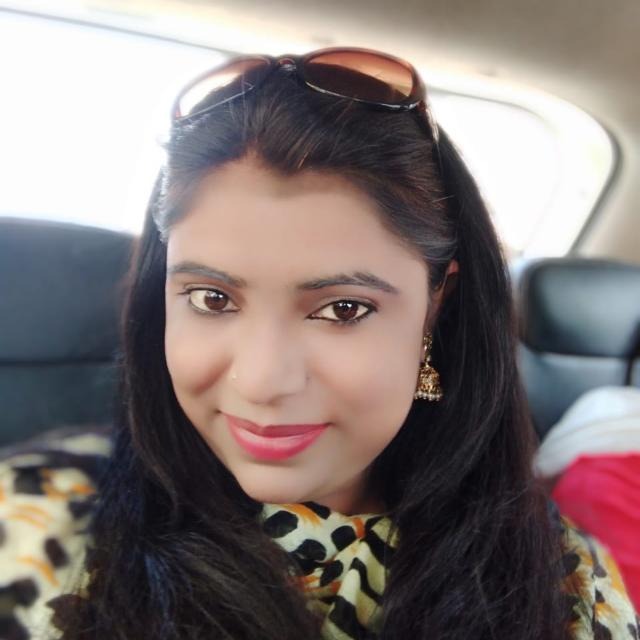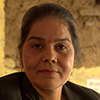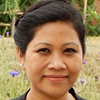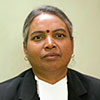PARVAAZ Legal Fellowship Programme
The SAWF IN Legal Fellowship Programme was launched in 2017 provides financial and technical support to women and trans* person lawyers practising in districts courts of India, to strengthen their journey in feminist advocacy and their legal practice, helping them build their skills in litigation, and help provide pro-bono support to women and trans* person litigants in their cases.
The women’s and trans* person rights movement has played a pivotal role in advocating for transformation in existing legislation and in the process of access to justice. However, these institutions continue to have an intimidating effect, especially on survivors of violence from marginalised communities. Moreover, the existing legal systems are still patriarchal with a disproportionate number of women and trans* person lawyers and judges practising, especially in district courts.
District courts are the first site of legal redressal and remedy for women and trans* persons. The year-long support of this fellowship is aimed at enabling women and trans* person lawyers to explore opportunities for peer learning, building networks with lawyers from other countries and receiving mentoring support from senior feminist lawyers. Since 2017, the programme has supported 12 women lawyers from 7 states. They have provided pro- bono litigation support for more than 230 women and Trans* people. Additionally, the legal fellows have also offered legal counselling and advice to over 1000 women from socially and economically marginalised communities such as Dalits, Adivasis, and Muslim women among others.
The fellowship aims to support women and trans* person lawyers practising at district courts to:
- Provide free legal aid and support to women and trans* person litigants
- Build their own skills in feminist lawyering in primary courts, particularly in building constitutional arguments.
- Advocate for more gender-responsive lawyering at district courts
- Lead and participate in actions that directly contribute to realising the rights of women and trans* people.
Please visit our website for announcements or write to fellowship.sawfin@gmail.com for more details
Our Current Areas of Operations -
Chennai, Tamil Nadu | Tezu and Roing, Arunachal Pradesh | Wokha, Nagaland |






